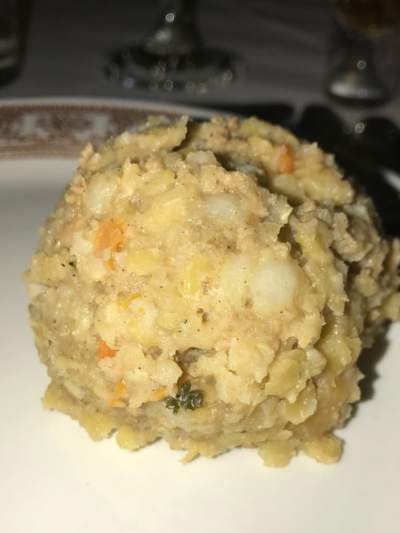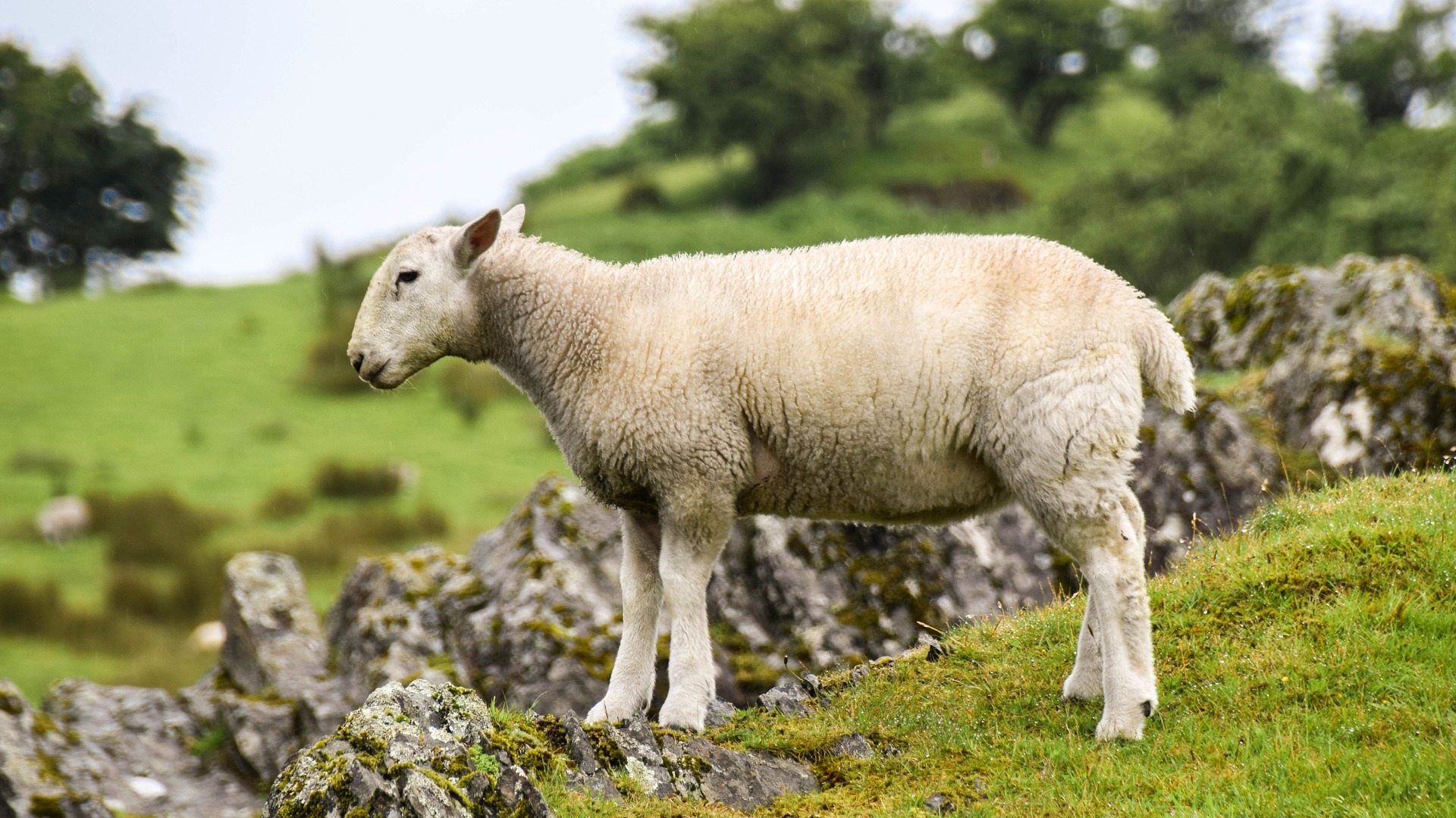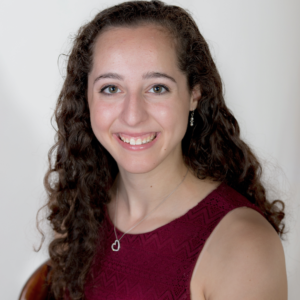Kosher haggis was everything I hoped it would be — oaty, savory, and smooth. I scooped spoonfuls alongside fellow UK Jewish students at the Edinburgh Jewish Society’s annual Burns Ball. The night was a fusion of Scottish and Jewish cultures, and the kosher food — delivered from Glasgow — was well worth the wait.
Until that night, I’d questioned whether I’d ever get to try the Scottish delight. I had spent fruitless weeks tracing the streets of Scotland’s capital in search of hechshered haggis. But there was no kosher food in sight.

Before leaving to study abroad at the University of Edinburgh, I researched all of the important things — the government, the culture, and, of course, kosher options. I figured kashrut would be a struggle in Scotland, and I wanted to plan accordingly. When my web search “kosher food in Edinburgh” only yielded the “Chabad of Edinburgh” webpage, and not a deli or grocery store, I knew I was in trouble.
Edinburgh’s Jewish community has been dwindling for a while. The Edinburgh Chabad rebbetzin, Gitty Weinman, explained to me that the community has been struggling since the mid-1900s. Jews left Edinburgh and flocked to bigger Jewish communities like those in London and Manchester and Israel. Edinburgh’s four Orthodox synagogues ultimately merged into one, Edinburgh Hebrew Congregation, and the handful of kosher butcheries and bakeries closed.
Weinman approximates that the east coast of Scotland — from Edinburgh’s southern suburbs to Aberdeen in the north — is home to just 1,000 Jews.
Today, Edinburgh has only three sources of kosher food: Chabad, Edinburgh Hebrew Congregation, and a small section on aisle 6 of an Edinburgh Sainsbury’s. I’d need public transportation (or sneakers and two hours) to make a round trip to the grocery store.
The Weinmans have taken a different approach to kashrut in Edinburgh. Every few weeks, Rabbi Pinny Weinman drives four hours to a kosher butcherie in Manchester to pick up 200 chickens and various deli meats. With the food neatly packaged and stuffed into the Weinmans’ car, Rabbi Weinman makes the four-hour journey back to Edinburgh. When he arrives in Edinburgh, he unloads the car and puts the food into four large freezers.
Throughout the month, the Weinmans empty their freezers and cupboards of kosher meat and the dry kosher foods they ship to their home. They host weekly Shabbat dinners attended by a couple dozen Edinburgh Jews and many Jewish students. For many Edinburgh students like me, Shabbat dinners are the only time of the week to eat kosher meat.
Gitty says that many Jewish students at the University of Edinburgh hunt for kosher food upon arriving in Edinburgh. But many eventually stop searching and opt for a vegetarian diet. “A lot of people just give [the search] up because it’s really hard,” Gitty said.
But even though I don’t keep strict kashrut — I eat vegetarian out and kosher meats in — I don’t want to give up my search for kosher meat just yet. Kashrut isn’t meant to be easy. And it’s a tradition that I feel is worth adhering to.
My parents kept kosher and their parents kept kosher and their grandparents kept kosher, so naturally, I was raised to keep kosher. I grew up in a conservative Jewish household with a middle-of-the-road kashrut observance: non-hechshered, kosher-style foods side-by-side with hechshered corned beef in our cream-colored fridge. Three sets of dishes and utensils — meat, dairy and Pesach. One sink. One dishwasher.
In my teens, tragedy struck: the only grocery store within 10 miles of my Bedford, New Hampshire home that sold kosher meat and fish stopped stocking both. Our quest for kosher food grew far more complex.
Our Jewish family friend was devoted to keeping kosher. He’d send his personal driver on a three-hour round trip from New Hampshire to The Butcherie in Brookline, Massachusetts for kosher meat.
My family started to place orders at The Butcherie, and the driver would pick up food for both his boss and my family. We’d meet our family friend at his work, pick up a cooler of kosher meat and binge-eat the deli meat before it expired. But over time, we ordered from The Butcherie less and less, and we started to bring non-hechshered chicken into the house.
When I started college at Washington University in St. Louis, I was unsure as to why I was even observing kashrut. It was a pain. And the steaks and burgers in the WashU dining hall were delicious.
But as I learned more about Judaism in college — through rabbis, Hillel and Chabad, and my many Jewish friends (WashU is nicknamed ‘Wash Jew’ for good reason), I discovered my why.
I keep kosher because it’s one thing that ties me to the Jewish people no matter what. It’s a strange comfort to know that a Jew in India and a Jew in Argentina and I are all wreaking havoc in restaurants, asking waiters and waitresses around the world if that broccoli and cheese soup on the menu is made with chicken stock.
But I can’t help but wonder whether I’d be keeping kosher if I didn’t go to WashU. Edinburgh — and New Hampshire — have very few Jews. Without a strong Jewish community, I’m not sure if I would’ve discovered (or been compelled to remember) my why.
Unlike my experience at WashU, I’ve had to search for Jews and kosher food in Edinburgh. Though neither is prevalent, I’ve found both. And I know I’m not the only one searching, striving each day to uphold a mitzvah, yearning for a connection to my people when I’m so far from home.
Kayla Steinberg, 21, is a junior at Washington University majoring in philosophy-neuroscience-

